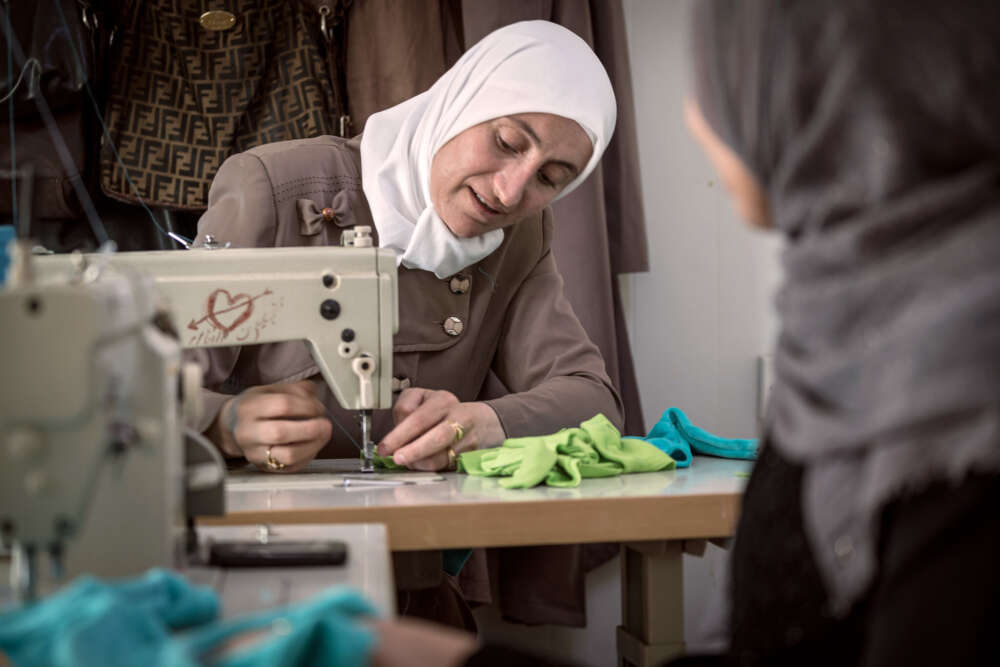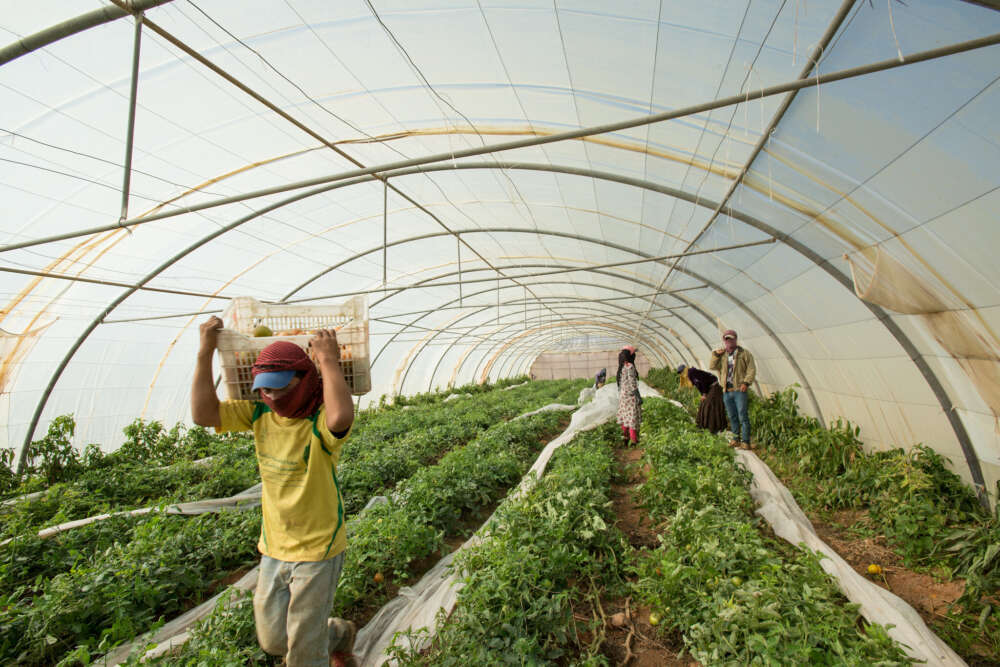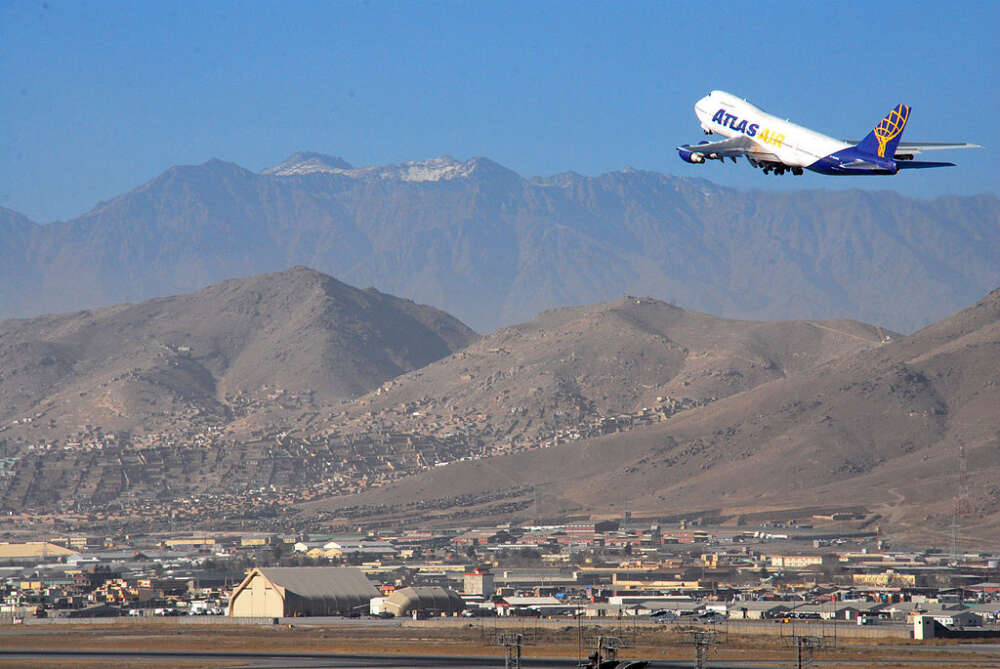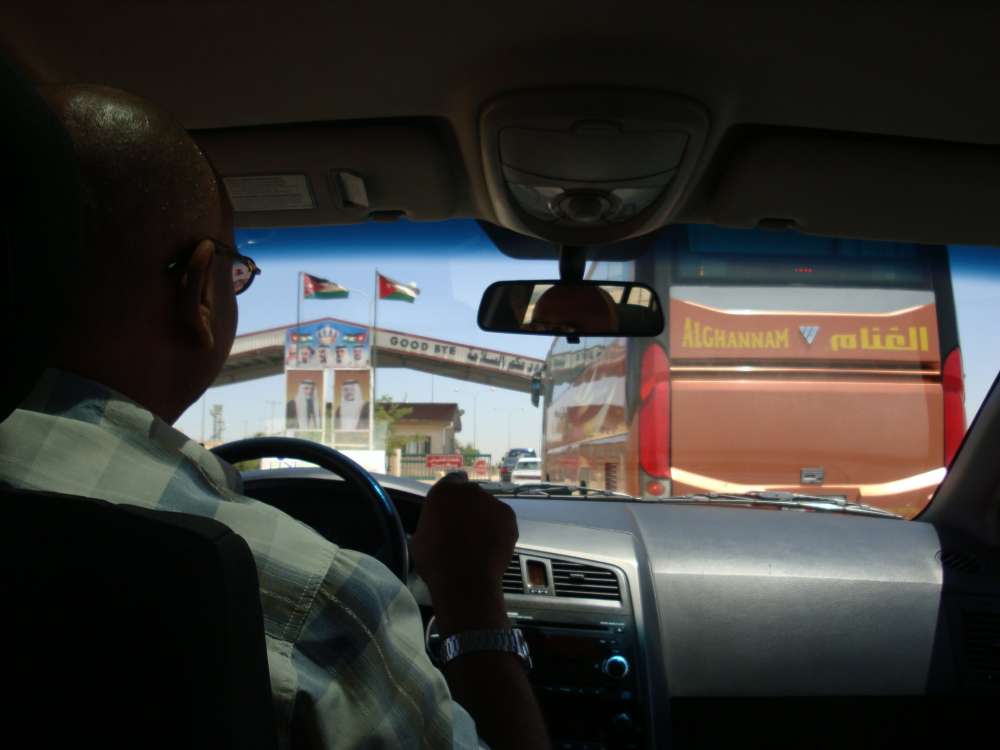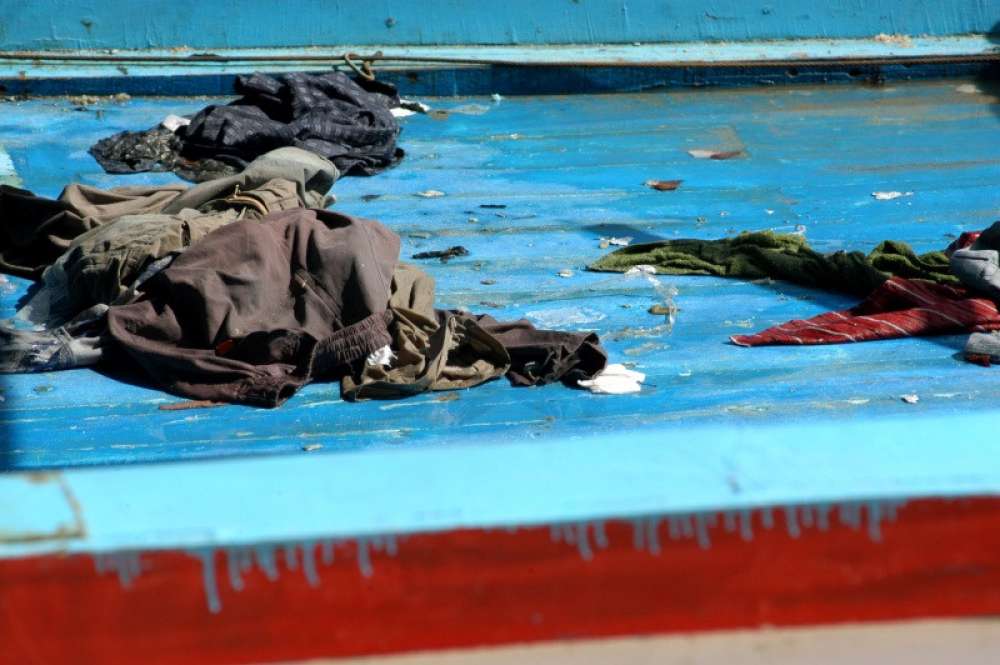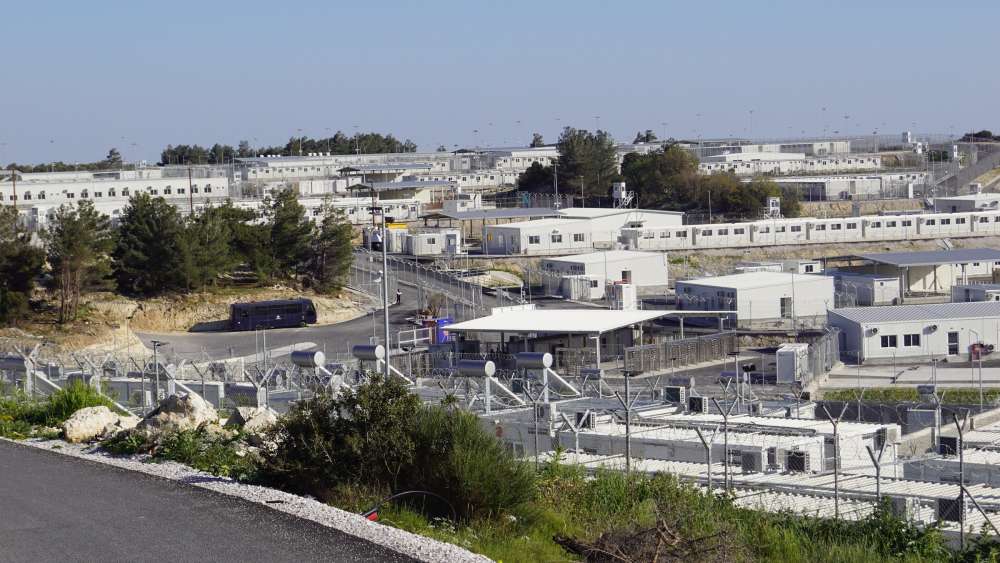Syria: Only a Return Policy That Focuses on Development Will Be a Good One
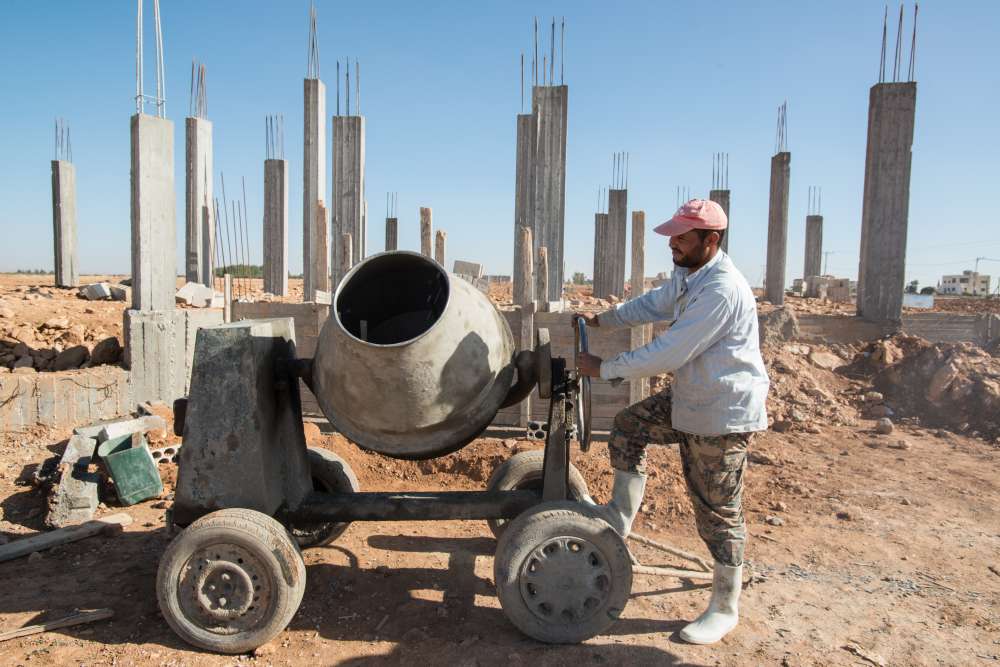
Some events are hard to wrap your head around. After more than 50 years under the Assad dictatorship and more than 13 years of civil war, Syrians are waking up from a nightmare. Near Damascus, people are still uncovering, with their bare hands, the underground cells of a torture prison that housed political prisoners. Meanwhile in Germany, a debate about the return of Syrian refugees is already well underway. The conservative CDU/CSU parliamentary group in particular has been calling for a “swift plan on returns.” But this debate not only obscures the view of what really matters at the moment – it also approaches the issue of returns from the wrong angle.
Germany’s primary self-interest does not lie in the short-term return of Syrians but in the stable development of Syria. Only the latter will further our own security and create prospects for the people in Syria. A good return policy can be a building block for Syria’s long-term stability. But this building block is smaller and looks different than what is currently being discussed. So what would a good return policy look like?
Voluntary Returns Only
In the short term, it is unrealistic to expect many Syrians to return while they don’t know where their country is headed. German national and international law set high hurdles for the cessation of a person’s refugee status. It does not expire even if Syrians travel home temporarily – for example, to see what remains of their former lives. So Germany can currently promote voluntary returns only. However, most Syrians in Germany will only want to return once the situation in Syria has improved significantly. A modest return assistance, like some German politicians have proposed, will not change this. The German government should set realistic – that is, low – expectations regarding the number of people who may return as well as the timing of their return.
In the medium term, the government should see Syrians’ integration into the German labor market not as an obstacle to but as a core component of a good return policy. This is not only because workers transfer money directly to their home country, which benefits local markets; economic studies on the return of refugees also suggest that the people who return voluntarily are primarily those who have gained professional skills, have sufficient financial resources, and maintain family connections in their country of origin.
Experiences with migrants who returned from Germany to the successor countries of the former Yugoslavia after the Balkan wars indicate that those who were integrated into the German labor market before making their way back contributed to knowledge transfer and thus to economic development in their home countries. But for this to work, the right conditions have to be in place. In other words, there must be a functioning economy to which Syrians can return. This is not yet the case.
Support Neighboring Countries
For this same reason, the German government should continue to support Syria’s neighboring countries so they can continue to accept Syrians and allow them to work. Studies on refugee returns from Syria’s neighboring countries indicate that voluntary return is – again and perhaps counterintuitively – facilitated by good reception conditions in the country of refuge and in particular by refugees’ integration into the local labor market. Moreover, returns can also have a destabilizing effect in the country of origin if they exacerbate social and resource conflicts. In the case of Syria, the outlines of such a scenario are already starting to emerge.
Syria’s neighboring countries have taken in a significantly larger number of Syrian refugees in relation to their population than Germany and are now also pushing for the return of Syrians – especially Türkiye. But after so many years of dictatorship and civil war, a sudden increase in returns of Syrians from neighboring countries will change the general conditions on the ground in Syria. Available housing is very limited, as are land, employment opportunities and basic government services. The civilian infrastructure has been destroyed in large parts of the country and the need for emergency assistance is extremely high.
Focus on What Really Matters
When it comes to shaping Germany’s own response to the situation in Syria, the role that a sound German return policy can play in Syria’s reconstruction is rather small. Other measures promise much more impact. For now at least, the German government and its European partners should set other priorities than promoting returns: they should establish channels of communication with the new rulers from the Hayat Tahrir al-Sham (HTS) militia, even if the group is currently still listed as a terrorist organization. They must also agree how they can increase humanitarian assistance and support Syrians in their efforts to rebuild the country, especially if HTS is willing to engage in a reform of the post-Assad state that promotes inclusivity for the manifold minorities living in Syria.
Only once there has been significant progress on these steps should Germany and its partners in the EU invest attention and political capital to negotiate return agreements. In contrast to the current debate, such an approach would actually serve both Germany’s security and a brighter future for Syrians.
A German version of this commentary was first published by n‑tv.de on December 14, 2025.
